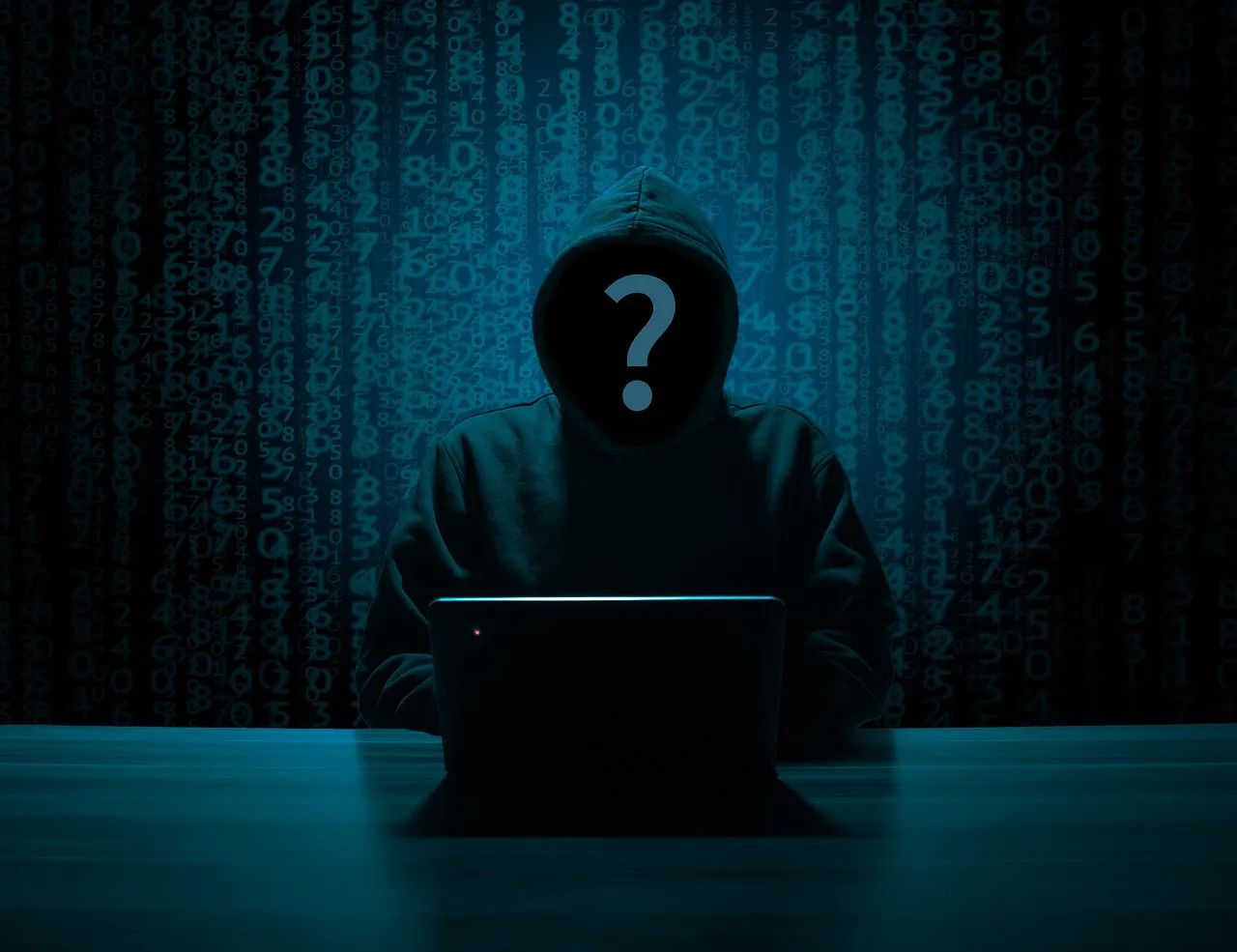CYBERATTACKS. CHALLENGES OF DIGITAL JUSTICE IN COLOMBIA

The most recent pandemic of Covid-19 not only generated bad things but also served for many aspects to be reinvented. Among the positive things we can highlight, the acceleration in the implementation of virtuality in Colombian justice. Since we went for example, from having physical hearings to virtual ones, from having to go to the judicial office to have access to the files, to being able to access them digitally. However, a big question arises: is the Colombian justice system prepared to face and assume the challenges that come with it? Clearly the answer to this question is no, taking into account the most recent Ransomware attack suffered by one of the information security service companies of the Judicial Branch.
Last Tuesday, on September 12th 2023, the judicial activity was affected by the " crash" of the Judicial Branch website, which was not surprising, as it had sporadically crashed on several occasions prior to the cyber-attack. However, what the daily website users did not expect was that all the information of: processes, users, lawyers and others who regularly work in the judicial apparatus would be exposed by an external cyber-attack of the ransomware type against the telecommunications company IFX Networks Colombia, in charge of the security services of several dependencies of the Judicial Branch and other Government entities. The consequence of this attack was the unavailability of the service platforms offered by IFX Networks that bring solutions.
After two days without being able to check the court cases information, microsites, statuses and orders, we were informed that the judicial terms had been suspended until September 20 because of the Judicial Branch cyber-attacks. This, in order to avoid the prescriptive periods, despite that hearings in some offices continued normally, even without being able to access digital files. The disparity of criteria and the lack of clarity of the agreement PCSJA23.12089 "Whereby judicial terms are suspended in the national territory" caused another inconvenience that could have serious repercussions on due process and on the access administration of justice for users, since it was left to the discretionary power of each office to carry out or not the hearings that had been previously scheduled.
The cyber-attack slowed down the justice in Colombia, affected the normal development of all judicial activities and put the digitalization of justice in Colombia to the test. It showed that we are not prepared for events of such magnitude so that a week later we do not know how serious is the " hijacking of this information", or if sensitive data that only concern the parties to the proceedings were lost.
What did the cyberattack teach us about digital justice? That the administration of justice must be prepared to face this type of situations that frequently occur at the hands of hackers and that there must be more cyber security. The administration must establish more secure clauses that guarantee security information and above all have a backup source so that the permanent and constant access to the administration of justice is not compromised.
[1]Ransomware, or ransomware, is a type of malware that prevents users from accessing their system or personal files and demands the payment of a ransom in order to regain access to them.